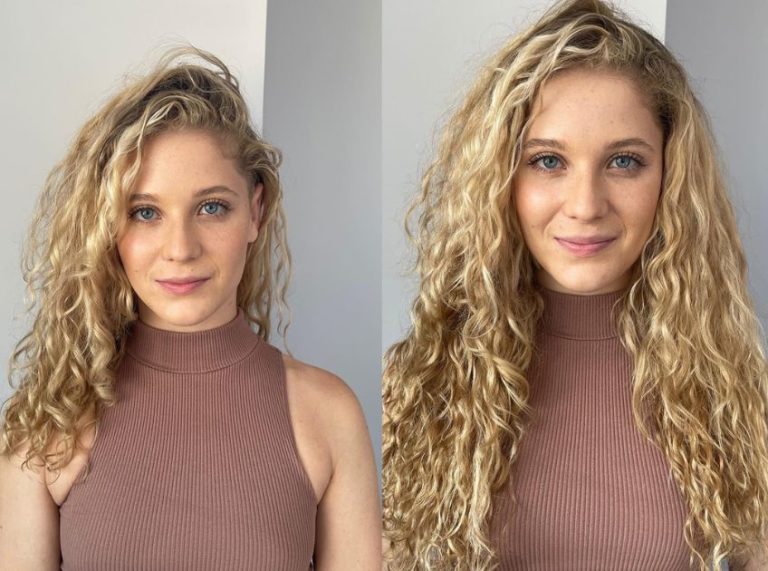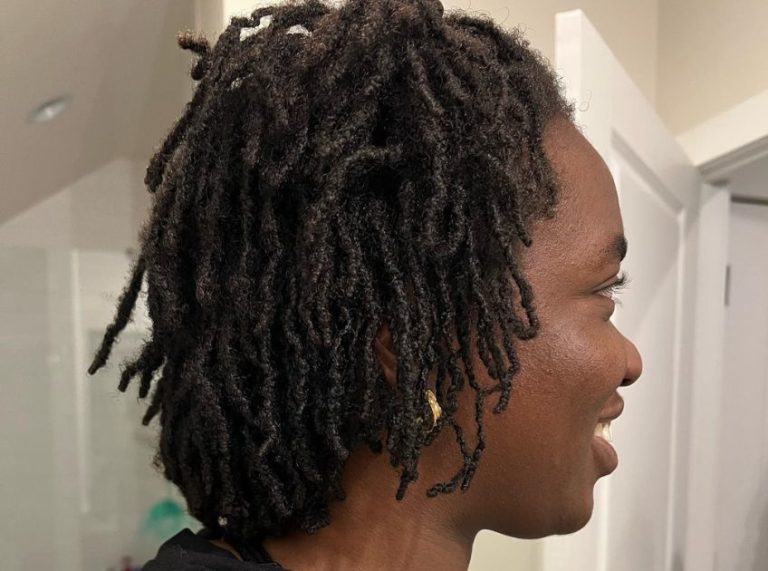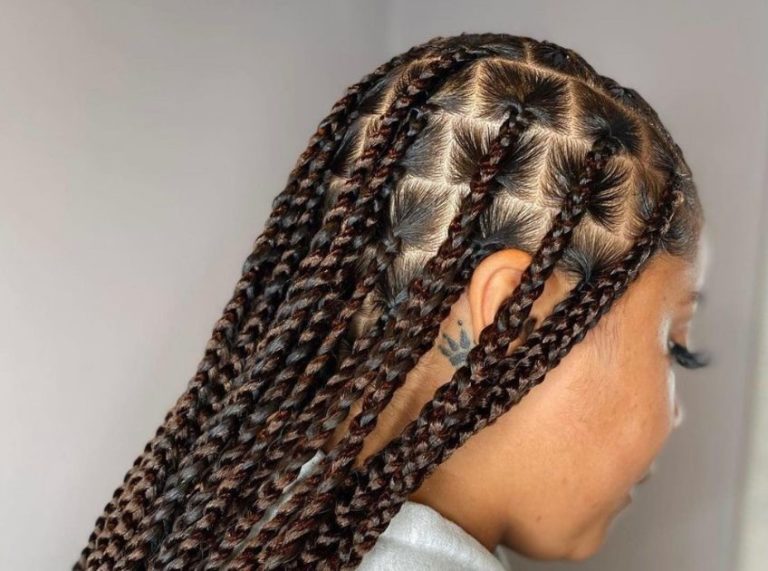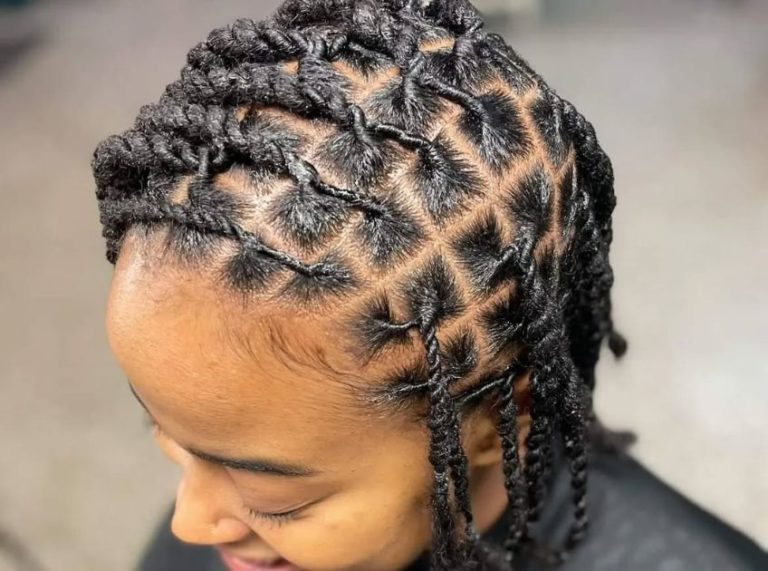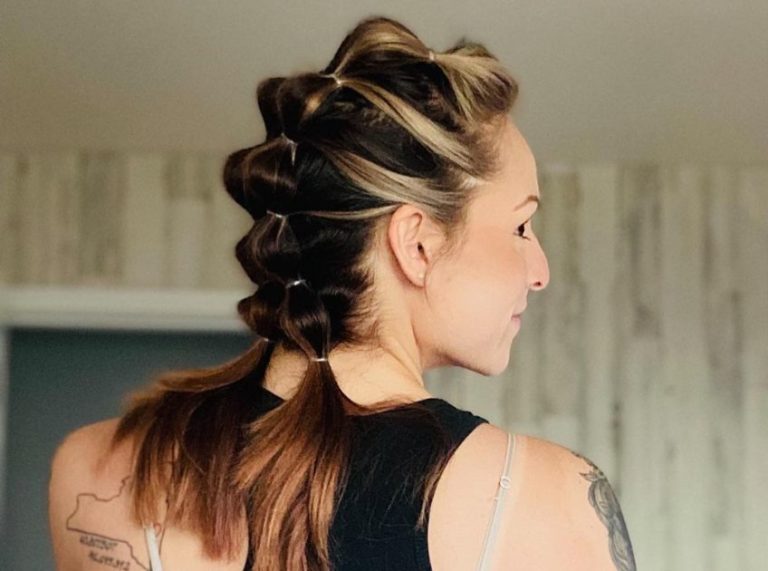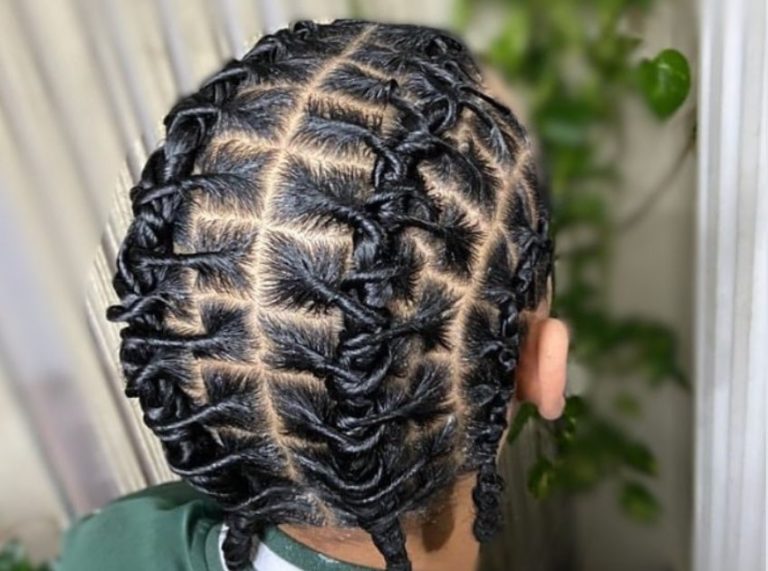
Important: This article is for informational purposes only. Please read our full disclaimer for more details.
Locs are more than a hairstyle—they’re a commitment, a cultural statement, and a unique hair journey. One of the most common questions people ask when starting or maintaining them is: “How long should I keep my locs in?” The answer isn’t one-size-fits-all and depends on your hair health, maintenance routine, and personal goals.
How Long Can You Keep Your Locs In?
With proper care, mature locs can be worn indefinitely. Unlike temporary protective styles such as braids or twists, locs are designed to be semi-permanent to permanent. The average person can keep their locs for several years—or even decades—without issues, as long as the scalp and hair remain healthy.
- Starter Locs: Typically worn for 3–6 months before retwisting or palm-rolling to help them lock properly.
- Mature Locs: Can last for years with regular washing, moisturizing, and maintenance.
- Temporary Loc Extensions: Usually last 2–3 months before needing removal or tightening to avoid matting.
Signs It’s Time to Take a Break or Start Fresh
Even though locs can be a long-term style, there are signs that it may be time to remove or restart them:
- Excessive thinning at the roots or breakage.
- Persistent buildup that can’t be removed with clarifying treatments.
- Scalp irritation or discomfort that doesn’t resolve with proper care.
- Locs that feel too heavy or are pulling on the hairline.
If you experience any of these issues, consult a locician to determine if a deep cleanse, trimming, or removal is the best option.
Keeping Your Locs Healthy for the Long Run
The longevity of your locs depends on consistent maintenance and scalp care:
- Cleanse Regularly: Wash your locs every 2–4 weeks to remove buildup and keep the scalp healthy.
- Moisturize: Use water-based sprays or natural oils to keep your locs hydrated and prevent brittleness.
- Protect at Night: Sleep with a satin or silk scarf or use a satin pillowcase to reduce friction.
- Retwist When Needed: For starter or maintained locs, retwist every 4–8 weeks, depending on your hair type and preference.
Frequently Asked Questions (FAQ’S)
1. Can I keep my locs in forever?
A. Yes, if your hair and scalp stay healthy. With proper care, many people wear their locs for decades without needing to remove them.
2. Do locs damage your hair if worn too long?
A. Locs themselves don’t damage hair, but neglecting maintenance can cause buildup, thinning, or breakage over time. Regular care ensures healthy, strong locs.
3. How often should I redo or retwist my locs?
A. For new locs, every 4–6 weeks is ideal. Mature locs may only need retwisting every 6–8 weeks or even less frequently, depending on your hair type.
There’s no strict expiration date for locs—their longevity depends on how you maintain them and your personal hair goals. With proper care, they can last for years and even become a permanent part of your identity. Listen to your scalp, prioritize maintenance, and your locs can stay healthy for the long haul.
